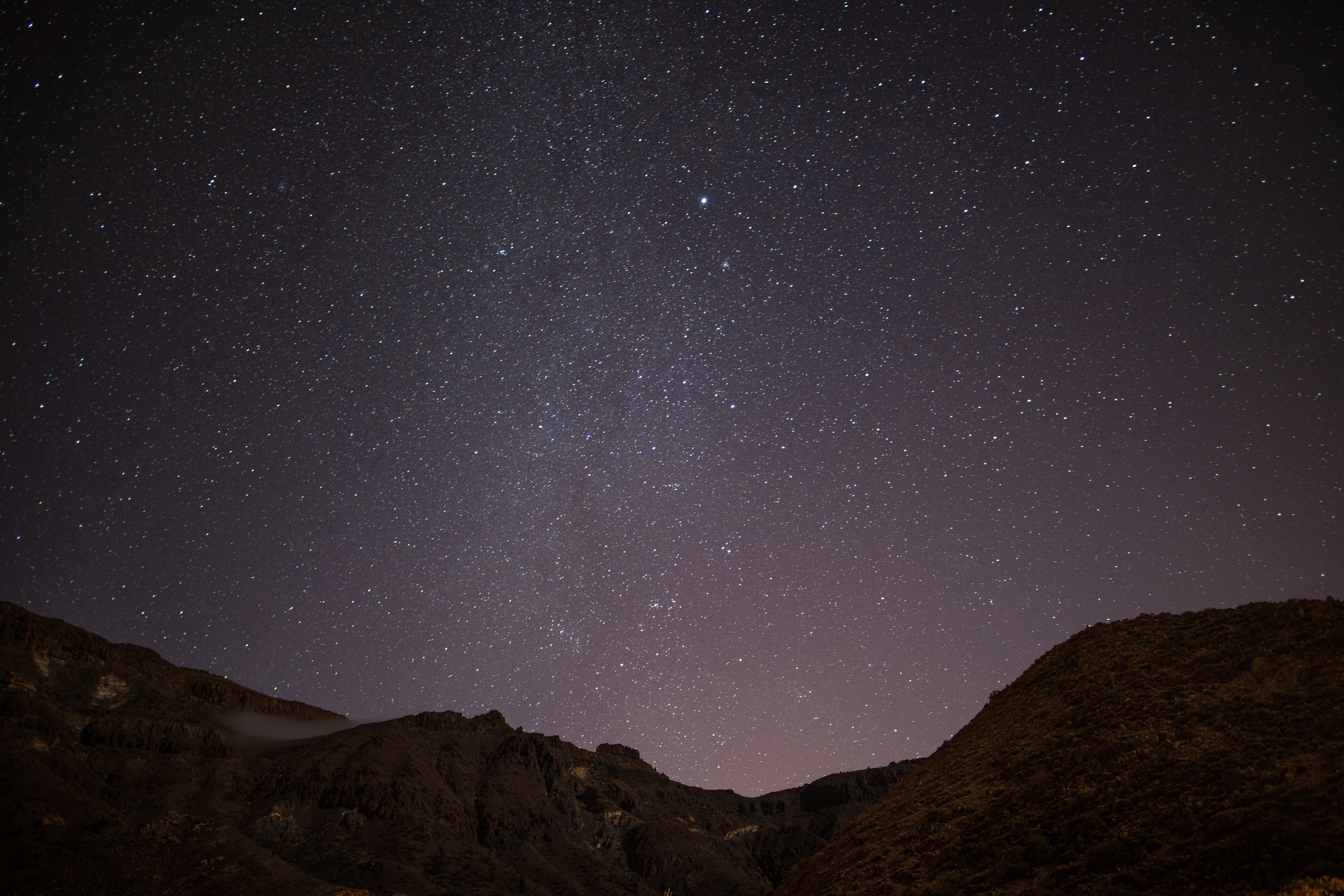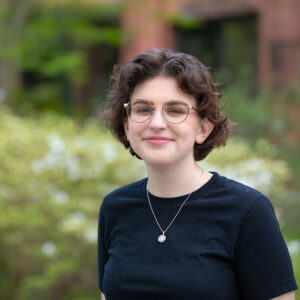I have been writing professionally for a long time now. Churning out words, sometimes passionately and sometimes mechanically, is how I keep myself afloat. But this is the first year that I was challenged to write publicly not as a journalist, but as myself. And that was, frankly, much scarier. Writing about what it means to be a Jew – a Jew from an interfaith family, from the Midwest, a gay Jew, a Jewish woman, a yidene -makes me feel vulnerable.
But I think that vulnerability has been necessary, especially this past year, which has been so full of violence against the Jewish community. I think that bringing our full selves to the writing we do, regardless of how that limits our ‘objectivity,’ is what will help us survive the coming days.
I am remembering something Rena Yehuda, one of the people I’ve been privileged to know through my New Voices fellowship cohort, said to me once. “Are you ever amazed by the fact that you and me, we’re 5,000 years old?” they asked. To them, the whole history of the Jewish people is carried in each of our bodies. So when we create and when we tell our stories we must try and be as young as we are individually and as old as we are collectively all at once.
5,000 years is a heavy burden for a 21-year-old like me. But it is also a gift, because it makes my community much larger than it would otherwise be. When Naomi teaches me to skateboard and Jess reads me a story, we are both twenty-somethings and thousands of years old. This is completely new and what we have always done.
As I sit around the shabbos table with my friends, my family, I imagine there are others there with us, pulled there out of the past. I’m not sure calling them “ghosts” would be the appropriate word – besides, do Jews even believe in ghosts? We have stories of dybbuks, shedim, and golems, but I don’t think that’s the same.
But what does it matter what we call them, anyway? I see it in my friends’ faces, in the songs they teach me. I am lucky in that bizarrely enough, writing about Jewishness this year has given me a stable Jewish community for the first time in my adult life.
That community more often than not exists online. It’s a space where it’s difficult to produce real intimacy. It’s a space in which faces on Zoom calls and Twitter DMs and voice recordings spaced out into jagged conversations make my community feel like we are all ghosts speaking across a void.
The ghosts of our past followed many of us to our current homes from other continents altogether – I know I spend a lot of time at home in Missouri thinking about people in Eastern Europe and North Africa and Iran and a million other places that I’ll probably never go. But since Jews have put down roots there, I’ve already been in some way, I think. Maybe I am the ghost at someone else’s shabbos table. For my spread-out and digitized Jewish community, I spend most of my time as a ghost in my friends’ heads and in their phones. That type of closeness is not bound by space, just like Jewishness is not bound by land.
The Bundist slogan דארטען, וואו מיר לעבען, דארט איז אונזער לאנד (“wherever we live, that is our homeland”) takes on a new meaning in the context of communities which are less and less bound to a physical place.
Being vulnerable and carrying your whole self into the work you put into the world, at least in my case, can mean not being alone anymore. It can mean turning the ghost of yourself into something real.
Featured image credit: Canva.com.

